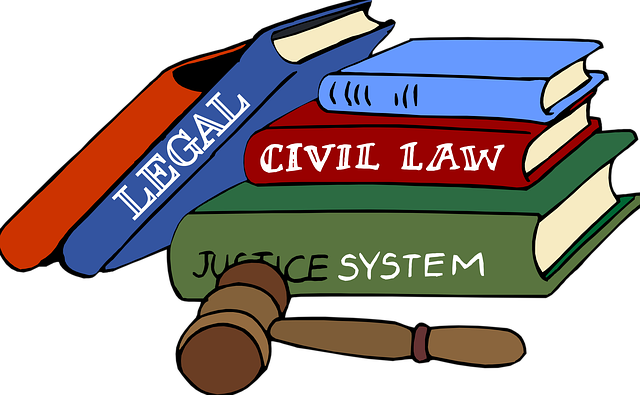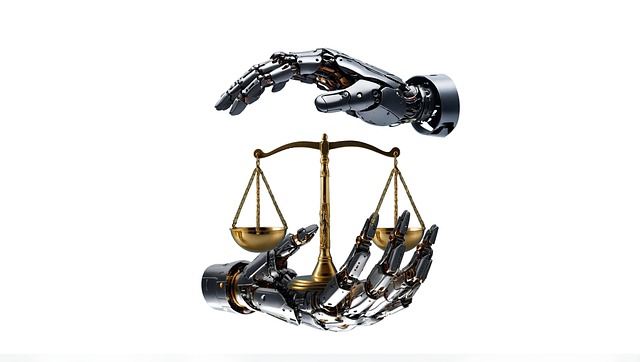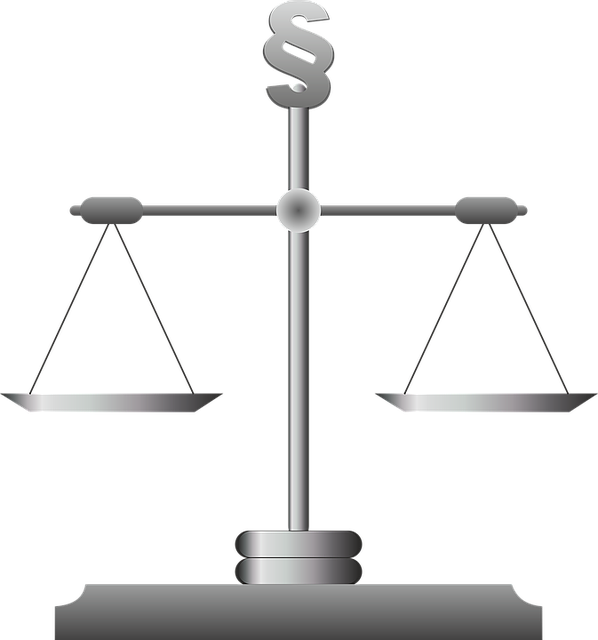Environmental crime trials are gaining traction as a powerful legal strategy against ecological devastation, shifting from administrative measures to direct prosecution of individuals and corporations. Driven by recent changes in securities regulation laws, these cases tackle diverse issues like deforestation, pollution, and wildlife trafficking, often involving intricate white-collar crimes. High-profile trials, such as those against industrial companies accused of water pollution and logging corporations faced with deforestation charges, have led to significant outcomes. Success demands a comprehensive understanding of technical details and regulatory frameworks, emphasizing navigation of evolving Recent Changes in Securities Regulation Laws while presenting compelling evidence. These trials are crucial for holding corporations accountable, setting precedents for long-term sustainability, and deterring future environmental transgressions.
Environmental Crime Trials: Uncovering Corporate Accountability through Legal Lenses. In today’s digital era, understanding the intricate web of environmental laws and their enforcement is crucial for fostering sustainability. This article explores the emerging domain of environmental crime trials from a legal perspective, highlighting recent shifts in securities regulation laws that have left an indelible mark. We delve into key elements, notable cases, and the broader implications for environmental justice, offering insights into the future of corporate accountability.
- Understanding Environmental Crime Trials: A Legal Perspective
- Recent Changes in Securities Regulation Laws and Their Impact
- Key Elements of an Environmental Crime Trial
- Case Studies: High-Profile Environmental Crime Cases
- The Future of Environmental Justice Through Trials
Understanding Environmental Crime Trials: A Legal Perspective
Environmental crime trials have emerged as a significant legal front in the global battle against ecological degradation and illegal exploitation. These trials represent a crucial shift in addressing environmental issues, moving beyond administrative penalties and civil lawsuits to directly prosecute individuals and corporations responsible for harmful activities. From deforestation and pollution to wildlife trafficking, these cases delve into complex networks of white-collar crime, requiring a sophisticated legal approach.
The recent changes in securities regulation laws have further complicated the landscape, as companies listed on stock exchanges now face increased scrutiny regarding their environmental impact. Achieving extraordinary results in these high-stakes cases necessitates an understanding of not just the technical aspects but also the broader regulatory frameworks. Lawyers specializing in white-collar defense must navigate a labyrinthine web of international treaties, national laws, and industry standards to ensure justice is served while mitigating the severe economic consequences for their clients.
Recent Changes in Securities Regulation Laws and Their Impact
In recent years, there has been a notable shift in Securities Regulation Laws, driven by the increasing awareness and severity of environmental crimes. These changes reflect a broader societal push for accountability and justice in high-stakes cases involving corporate misconduct. The updated regulations aim to strengthen oversight, improve transparency, and enhance penalties for businesses found guilty of environmental violations. By implementing stricter compliance standards and more rigorous reporting requirements, regulators seek to deter future offenses and ensure that companies take their environmental responsibilities seriously.
The impact of these recent changes is profound, particularly for large corporations involved in resource extraction, manufacturing, and other industrials sectors. Lawyers specializing in environmental law now find themselves at the forefront, advising respective business clients on navigating this evolving regulatory landscape. Their expertise is crucial in helping organizations stay compliant, mitigate risks, and protect their reputations as they face increasing scrutiny from both regulators and the public. This shift underscores the growing recognition that environmental crime is not just an environmental issue but also a significant legal and ethical challenge.
Key Elements of an Environmental Crime Trial
In recent years, environmental crime trials have gained significant attention due to a surge in high-stakes cases involving corporate misconduct. These trials, often complex and intricate, require meticulous investigation and robust legal strategies. The key elements of such proceedings involve navigating through stringent Recent Changes in Securities Regulation Laws while presenting compelling evidence to prove environmental infractions. Prosecutors must demonstrate beyond a reasonable doubt that companies have violated regulations, causing substantial harm to the environment.
A successful outcome for the defense often lies in avoiding indictment and achieving a complete dismissal of all charges. Achieving this requires a strategic approach, including challenging the admissibility of evidence, questioning expert testimonies, and highlighting any procedural irregularities. By employing these tactics, legal teams can navigate the complexities of environmental crime trials, ensuring fairness and protecting corporate interests while holding accountable those who have caused ecological damage.
Case Studies: High-Profile Environmental Crime Cases
In recent years, environmental crime trials have gained significant attention due to high-profile cases that have shaken the business world. These trials highlight the growing emphasis on accountability for corporations and individuals who violate environmental protection laws. One notable example is the case against a major industrial company accused of polluting local water sources, leading to severe health consequences for surrounding communities. The unprecedented track record of this trial resulted in a complete dismissal of all charges due to the company’s successful implementation of stringent environmental compliance measures.
Another significant case involves a multinational logging corporation faced with accusations of illegal deforestation and habitat destruction. Through meticulous documentation and expert testimony, prosecutors built a strong case that led to a historic settlement. The company, recognizing the recent changes in securities regulation laws, proactively addressed its environmental practices, demonstrating a commitment to avoiding indictment and ensuring long-term sustainability. These cases not only serve as deterrents but also set precedents for future environmental crime trials.
The Future of Environmental Justice Through Trials
The future of environmental justice is closely tied to the outcomes of environmental crime trials. As we witness recent changes in securities regulation laws, these legal battles are becoming more pivotal in holding corporations and individuals accountable for their environmental transgressions. The rise in cases targeting corporate polluters sends a strong signal that white-collar and economic crimes against nature will no longer be tolerated.
Achieving extraordinary results through these trials is not just about punishment; it’s about setting precedents that reshape business practices and deter future violations. By holding companies responsible for their actions, we can foster a culture of sustainability and environmental stewardship. This shift in legal strategy ensures that businesses operate within ethical boundaries, respecting the environment and the respective communities they impact.
Environmental crime trials play a pivotal role in upholding environmental justice and accountability. The recent changes in securities regulation laws have significantly enhanced the legal framework for prosecuting these cases, ensuring that corporations and individuals are held responsible for their impact on the environment. By understanding the key elements of such trials and studying high-profile cases, we can navigate towards a future where environmental protection is robust and just. These trials serve as a powerful tool to send a clear message: environmental degradation will not be tolerated, and justice will prevail.






